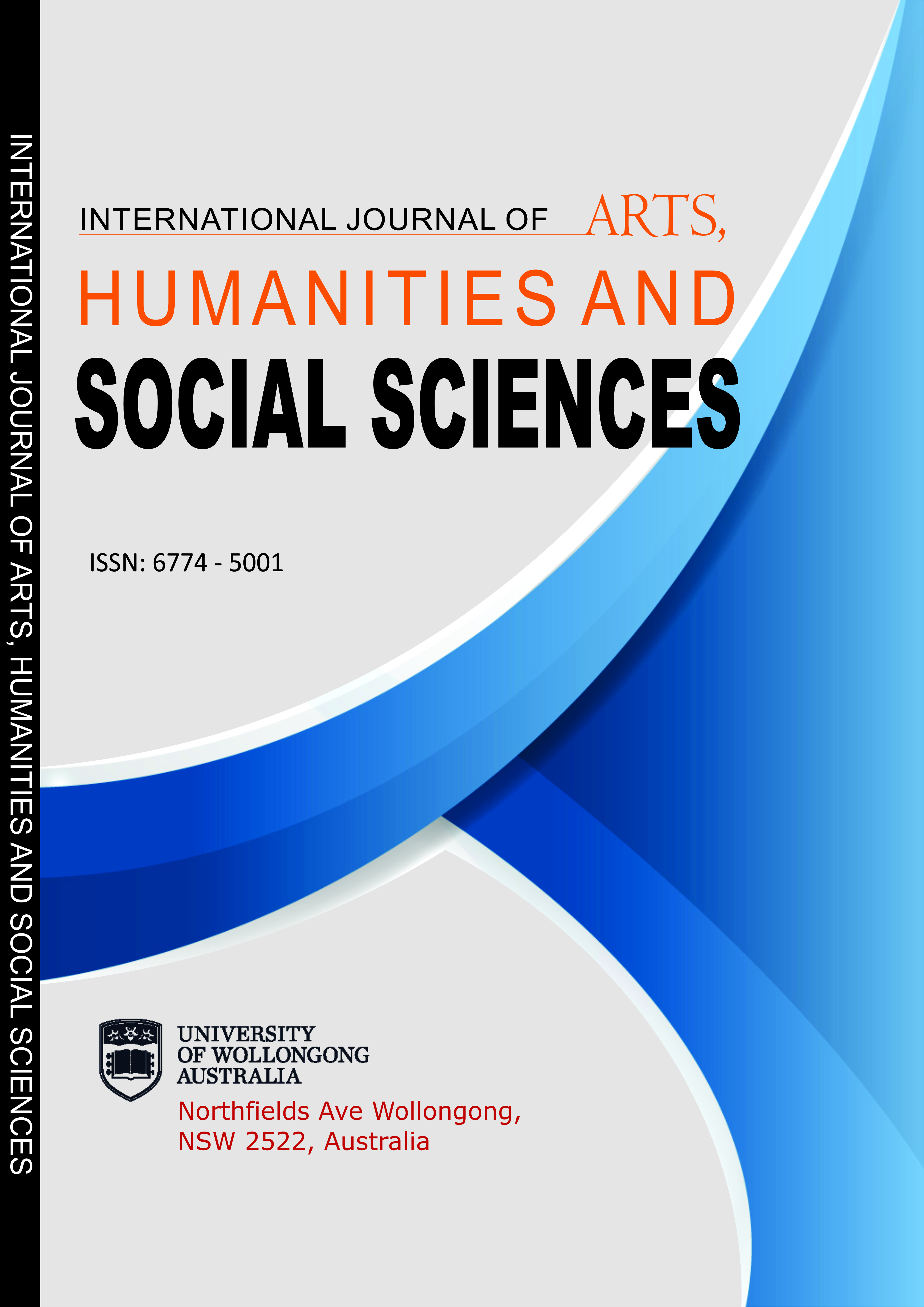INTERNATIONAL JOURNAL OF ARTS, HUMANITIES AND SOCIAL SCIENCES (IJAHSS)
MUSLIM WOMEN’S RIGHT TO HADANA FOR RAISING AND UPBRINGING A CHILD IN AN ISLAMIC MANNER IN ADAMAWA STATE
E-ISSN: 2579-048X
P-ISSN: 6774-5001
DOI: https://iigdpublishers.com/article/231
This paper delves into the issues of Hadana rights of Muslim women in Islam as a tool for raising and upbringing a child in an Islamic manner in Adamawa state. The study suggests for solutions based on Islamic principles, emphasizing the crucial role of Hadana right of Muslim women. To x-ray and foster Islamic sustainable development on right of Muslim women for Hadana in Adamawa state, the Shari’ah principles were fully adopted. The research employs qualitative methods and field studies to capture the experiences on perspectives of Muslim women right to Hadana in the community. Islamic scholars were urged to put more effort to highlight and address the threat of barbaric and uncivilized custom in Adamawa state and to advocate for women's involvement in Hadana activities. Also, the study emphasize on the importance of intensified efforts by Imāms, Islamic scholars, and Muslim organizations to disseminate the pristine teachings of Islam regarding women's rights to Hadana. Therefore, in addressing the challenges of this menace and ensuring the realization of women's Hadana rights to child a promising future awaits Muslim communities through prioritizing shari’ah principles accordingly.
Khadijat Buba
Ali, A. Y. The Holy Qur’ān, English Translation of the Meanings and Commentary, K.S.A, King Fahd Complex for Printing of the Holy Qur’an, Al-Madinah Al-Munawarah (1413H)
Judith E. Tucker, Revisiting Reform: Women and the Ottoman Law of Family Rights, 1917, 4(2) ARAB STUDIES J. 4, 4-17 (1996)
Moussa Abou Ramadan, Fordham International Law Journal, Volume 26, Issue 3 2002 Article 5. The Transition from Tradition to Reform: The Shari’a Appeals Court Rulings on Child Custody (1992-2001)
Roelofs, Portia. "Civil Society, Religion and the State: Mapping of Borno and Adamawa" (PDF). Abuja: Deutsche Gesellschaft für International Zusammenarbeit. Retrieved 18 January 2022.
Muhammad Hashim Kamali, Principles of Islamic Jurisprudence (Revised Ed. 1991).
Imam Shaukani, Nayl al Autar, Syria: Dar al Fikr, vol. 7, p.142.
Al Bahaiqi, Sunan al Kubra (Beirut: Dar al Kotob Al- Ilmiyah) vol.8, p. 8.
Al Bahaiqi, op. cit., vol 8, p.3; Sunan Abu Dawood (Karachi: Karkhana e Tijarat) vol 1, p. 3058.
Ibn Qaddama, Al Mughni, Egypt: 1367, vol. 7, p. 614-616 (Hanbali scholar, 541-573 AH).
Najm ad din Jafar, Shara’i al Islam, Tehran, vol. 2, p. 1-2.
Hadith Book, by Imam Mohammad ibn Ali Shaukani.
Ibn Qayyam (1292-1350CE / 691 AH- 751 AH) was a Sunni Islamic jurist and commentator of Quran. His scholarship was focused on Hadith and fiqh.
Ibn Qayyam, Zad al Ma’ad, translated by Syed Rais Ahmad Jaferi (Karachi: Nafeees Academy) Vol 4, p.289.
